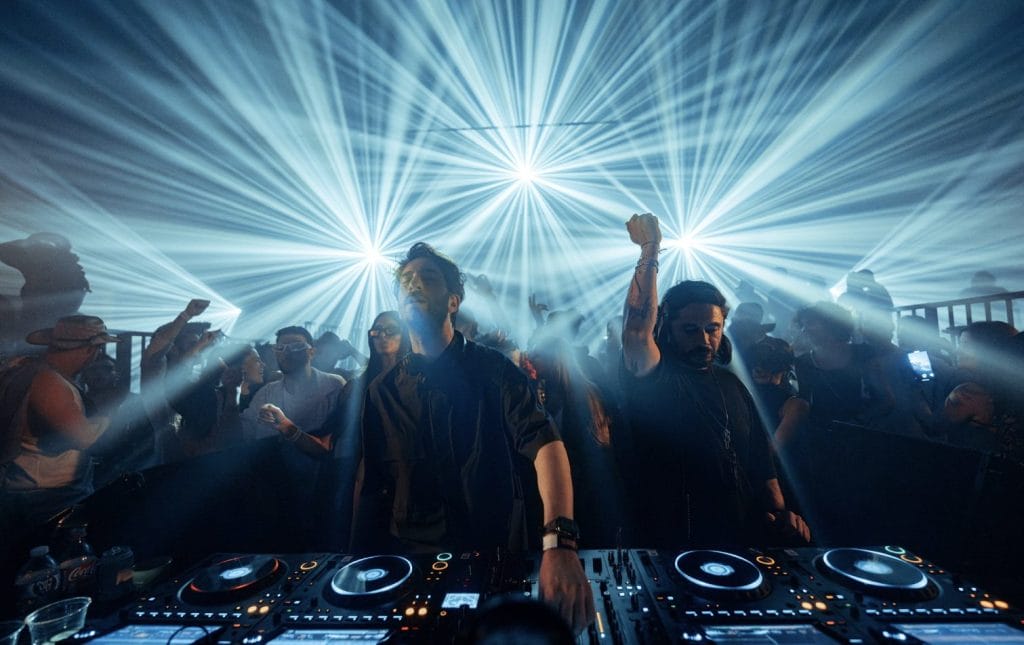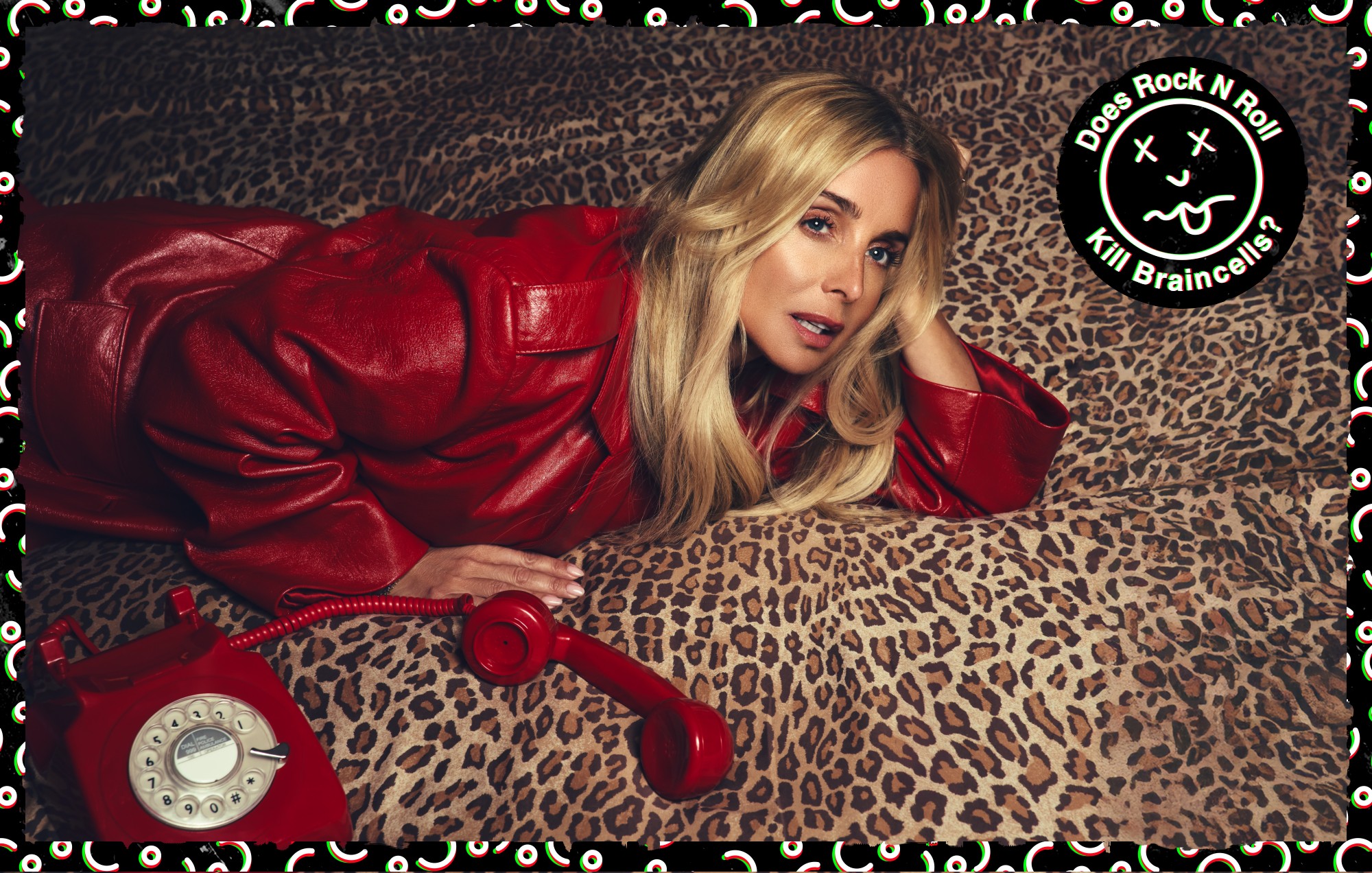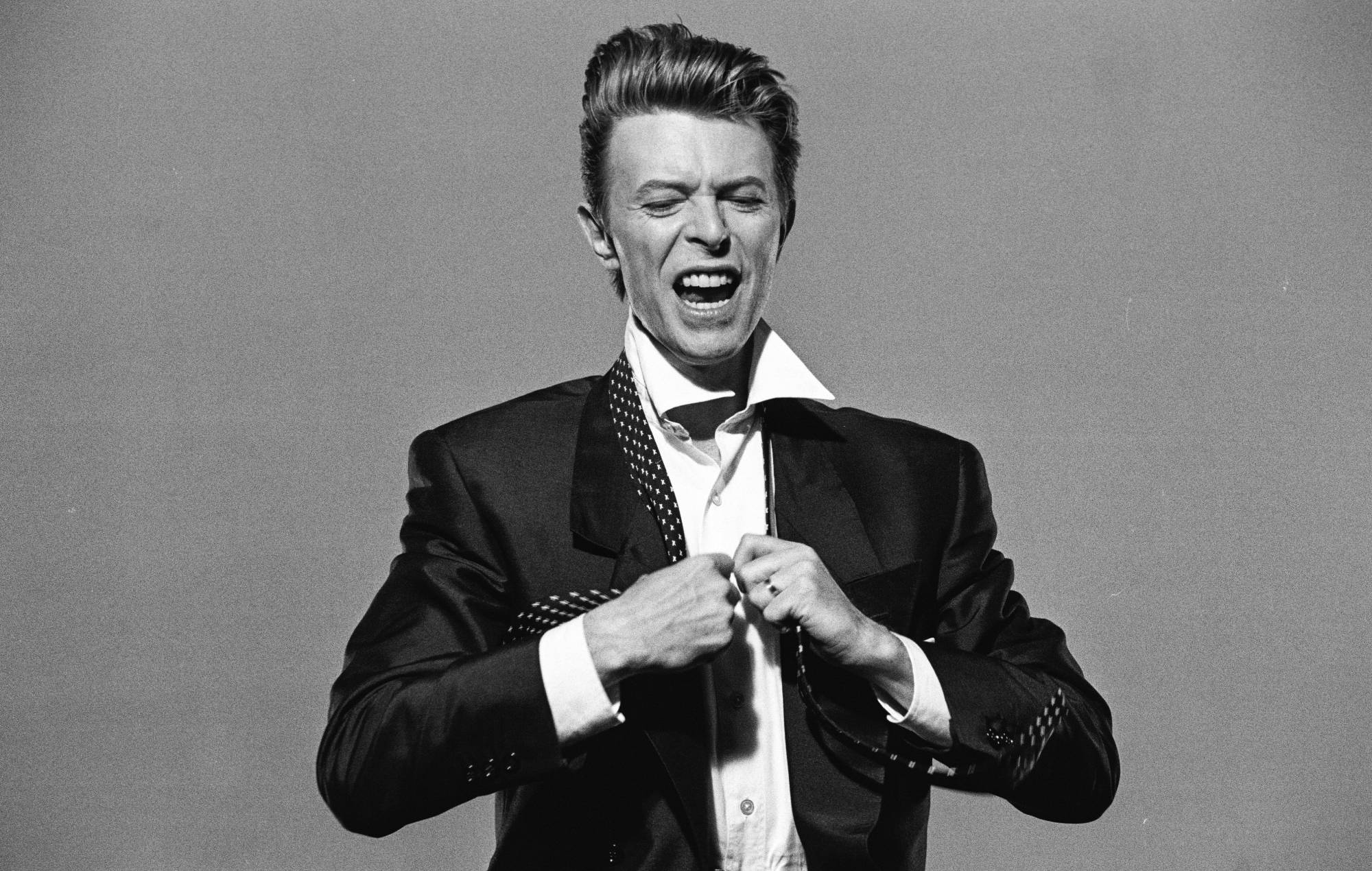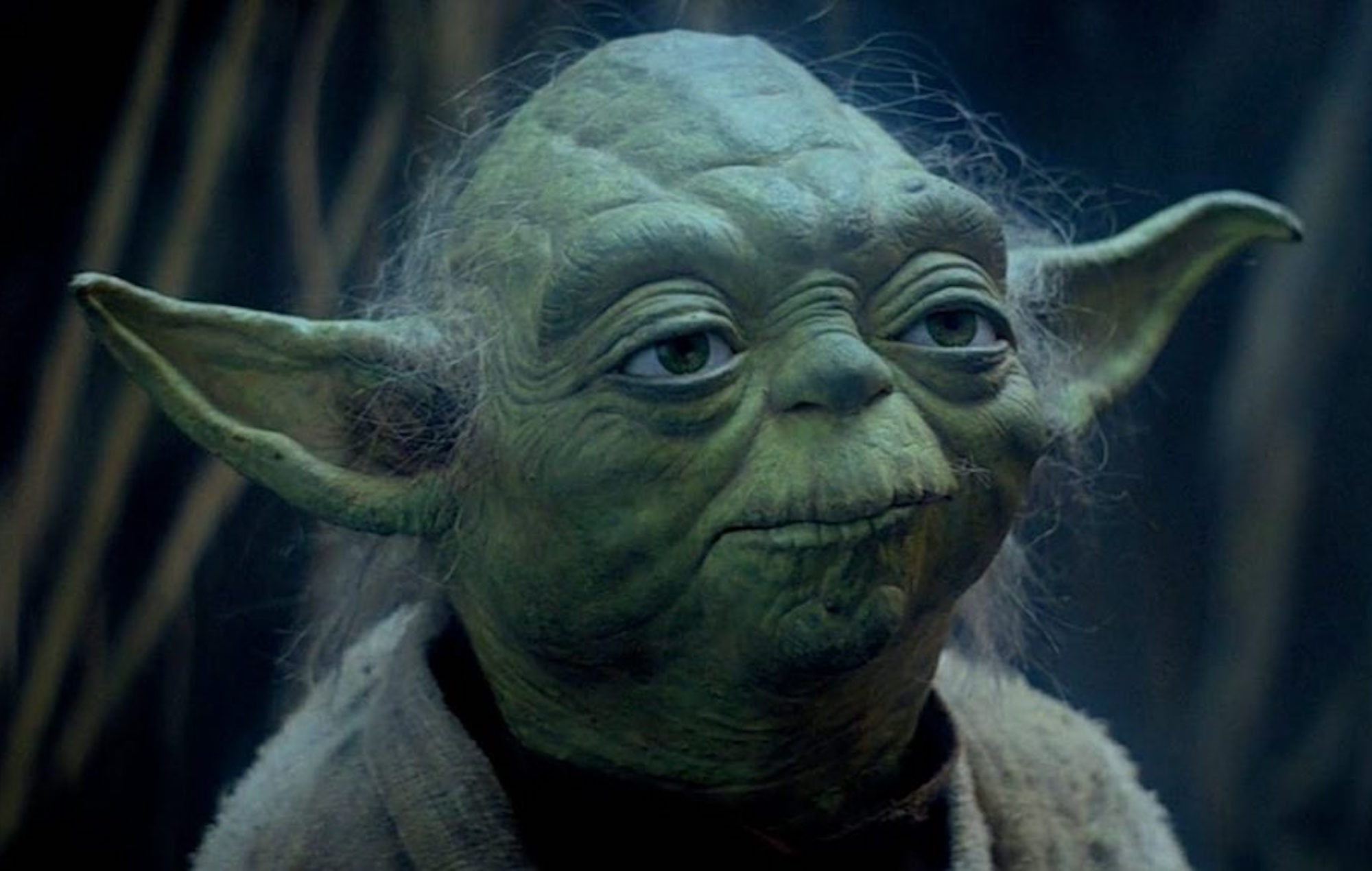When Jenia Tarsol talks about the creative process, he does so with a kind of clarity that only comes from years spent letting go of industry expectations. His focus is sharp but grounded. He’s not chasing a hit, he’s not glued to trends, and he doesn’t seem particularly concerned with shaping music for metrics. Instead, his process is about feeling, about capturing something real, about honoring a moment of clarity before it slips away. That perspective comes through in his latest release, “The Harbour,” a collaboration with Echonomist and UK duo Throws, which also marks the inaugural drop on their new label Flying Hearts.
The label itself was born from a shared vision: to create music that values memory, story, and subtlety over hype. The goal is not to define a sound but to build a platform where emotional storytelling and genre fluidity feel natural, even necessary.
Flying Hearts is not a container for one type of track, but a space where music can be vulnerable without losing its punch, where texture and groove sit side by side, and where timelessness matters more than tempo. In that context, Tarsol’s reflections on staying creatively grounded, trusting instinct, and resisting pressure feel like more than personal insights. They act as quiet principles for anyone looking to stay in the work without losing themselves in it.
In the interview that follows, Tarsol opens up about how his relationship with music has shifted over time—not through any single turning point, but through a slow and steady process of learning when to hold on and when to let go.
When you’re making a track, how much of it is purely for yourself versus trying to connect with listeners?
Honestly, it’s 100% for my own ears. After all these years of making music, I’ve learned to really trust my own taste and instincts. That’s what guides me. I believe in what I like, and I create from that place first and foremost. Of course, in the early days, like many others, I had dreams about making that one big hit – the track that would change everything overnight. But the truth is, whenever I tried to force that kind of success, it never really worked out. The more I aimed for a hit, the less authentic the music felt, and people can sense that.
Over time, I realized that the best music I make comes when I’m not chasing anything, rather when I’m just creating something that feels good and real to me. Ironically, those are often the tracks that connect the most with others, because they come from a genuine place. At the end of the day, I make music that I want to hear, music that moves me. If it ends up resonating with others, that’s amazing, but it’s a byproduct, not the goal.
Has your music changed once you stopped worrying about who was going to hear it?
I wouldn’t say my music changed because I stopped worrying about who was going to hear it, it’s more that the change in my mindset was part of a broader personal and artistic evolution. Over the years, I’ve grown both as a person and as a musician, and that naturally reflects in the music I create. When you’re just starting out, there’s often this pressure — sometimes internal, sometimes external — to fit into certain expectations or scenes, to please a label, an audience, or even your peers.
That pressure can shape your choices, consciously or not.
But as I’ve matured and gained more confidence in my voice and vision, I’ve become less concerned about fitting into a mold or chasing trends. That doesn’t mean I don’t care about how people connect with the music, of course I do, but I’ve learned to trust my instincts more. I’ve realized that the most honest and resonant music I can make comes from a place of authenticity, not calculation.
Do you find it easier to be creatively free when you’re making music without anyone else in mind?

I wouldn’t say that I’m more creatively free when I’m making music without anyone else in mind. In fact, I really love working with other people, though not just anyone. For me, collaboration isn’t about compromising creativity; it’s about enhancing it. Most of my music-making process involves close, trusted friends like Petros. Having someone whose taste and experience you deeply respect can be incredibly valuable. It’s not about handing over control, it’s about creating a space where honest feedback can push things further.
Sometimes, a tiny suggestion from someone you trust — whether it’s a slight change in arrangement, a different drum sound, or just a shift in energy — can make a huge difference. It can take something that feels “almost there” and make it feel complete, more accurate, more intentional. I think that kind of feedback loop is essential, especially when you’re too close to a track and can’t hear it objectively anymore.
How does your creative approach shift when you’re focused purely on expressing yourself instead of chasing numbers or trends?
To be honest, I don’t think I’ve ever really chased numbers or trends.
From the beginning, making music has always been something deeply personal. It’s a way for me to express what I’m feeling, what I’m living through, and how I see the world. Of course, it’s nice when a track connects with a lot of people, and numbers can reflect that, but if your main goal is to go viral or follow what’s popular at the moment, you’re not really expressing yourself. You’re just echoing what already exists.
Do you ever think about how you’ll feel years from now when you revisit what you’re creating today?
Yes, definitely. I often think about how I’ll feel years from now when I listen back to what I’m creating today. Longevity is something I really care about. I try to make music that can hold its weight over time, not just something that hits for a month and disappears. There’s something really meaningful about crafting a track that still feels fresh or emotionally powerful even years after it was made.
Have you noticed your music turning out differently when you just let it flow naturally versus when you’re intentionally aiming for a certain audience?
When I let things flow naturally, the result is usually more surprising and more honest. That’s when ideas come from a real place, not from a calculated decision about what’s going to work in a certain club or for a certain crowd. And I think listeners can feel that. You probably couldn’t imagine the kind of music I listen to when I’m alone. Some of it has nothing to do with what I play or release. But that’s the beauty of it. Inspiration can come from anywhere: ambient, jazz, classical, hip-hop, experimental noise… it’s all part of the same emotional language. Letting those influences in without judgment keeps things exciting and unpredictable. That’s when I know I’m truly creating, not just producing.
What would happen to your process—and the music itself—if you only wrote tracks you personally needed to hear?
If I only wrote tracks I personally needed to hear, the process would probably take twice as long and the music would likely be even deeper, more introspective. I naturally gravitate toward music that takes you on a journey, something that unfolds slowly and allows space for emotion and reflection. I’ve always preferred seeing people dance with their eyes closed rather than with their hands in the air. That kind of connection (the inward one) is what really moves me.
The post Jenia Tarsol on Letting Go, Listening Deeply, and Building Music That Lasts appeared first on Magnetic Magazine.



